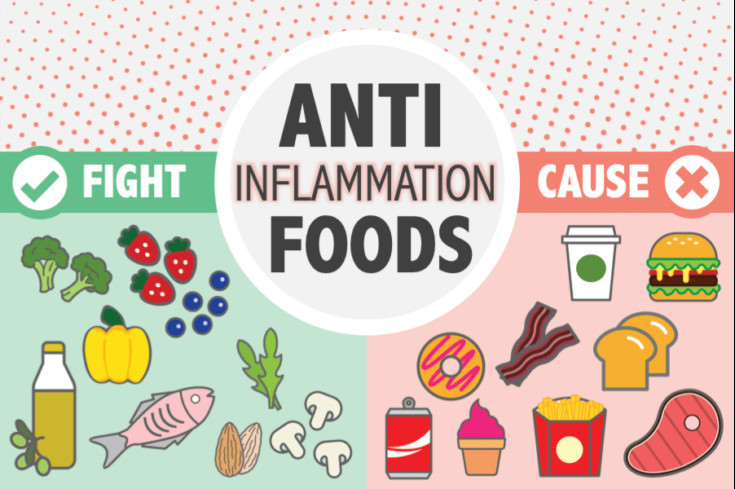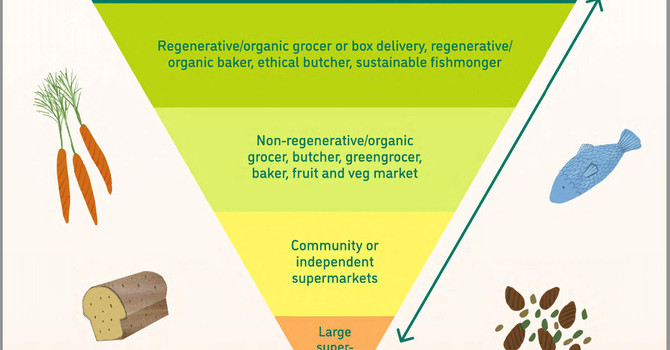
Signs and Symptoms are caused by an overgrowth of Candida; which typically causes gut inflammation, which affects the brain.
• Belly bloating especially after eating yeast or yeast promoting food
• Thrush on tongue or in mouth
• Yeast infection, jock itch, athlete’s foot, genital, toenails, fingernails
• Fatigue for no apparent reason
• Depression for no apparent reason
• Poor memory, poor cognition, or brain fog
• Chronic nasal congestion from mucous, or nasal membrane swelling
• Insomnia, restlessness
• Joint pain, with or without swelling
• Swelling of hands, feet, face, tendency to retain water chronically
• Muscle aches, headaches
• Weight gain, difficulty losing weight
• Cravings for sweets and other refined carbohydrates including pasta and bread
• History of steroid use
• History of antibiotic use
Treatment
1. Anti-yeast diet - this happens to be one of the hardest diets to follow but the benefits are
rewarding, You can do this! And it is crucial to get yeast overgrowth under control and start
healing the body’s gut and brain.
2. Supplements - individualized by your provider
3. Medication - Typically use herbals in rotation or a herbal blend, your provider will guide.
This will be done typically 6-18 months in rotation. It takes time to heal. Some children
respond faster and some slower. Herbs are gentle on the gut microbiome unlike ant-fungal
medications or antibiotics that can further deteriorate the gut microbiome.
Anti-Yeast Diet
Avoid foods with yeast (bread) and foods that stimulate yeast growth (sugar) or contain other
molds or fungus like mushrooms and cheese. See my other posting for specifics.
Foods / Products that Stimulate Yeast OverGrowth
• Sugar, honey, syrup, corn syrup, fruit juices
• Raisins
• Cheese
• Vinegar, vinegar based dressings, pickles, capers, olives, cider
• Ketchup
• Sauerkraut
• Some BBQ sauces
• Tea
• Sour cream




